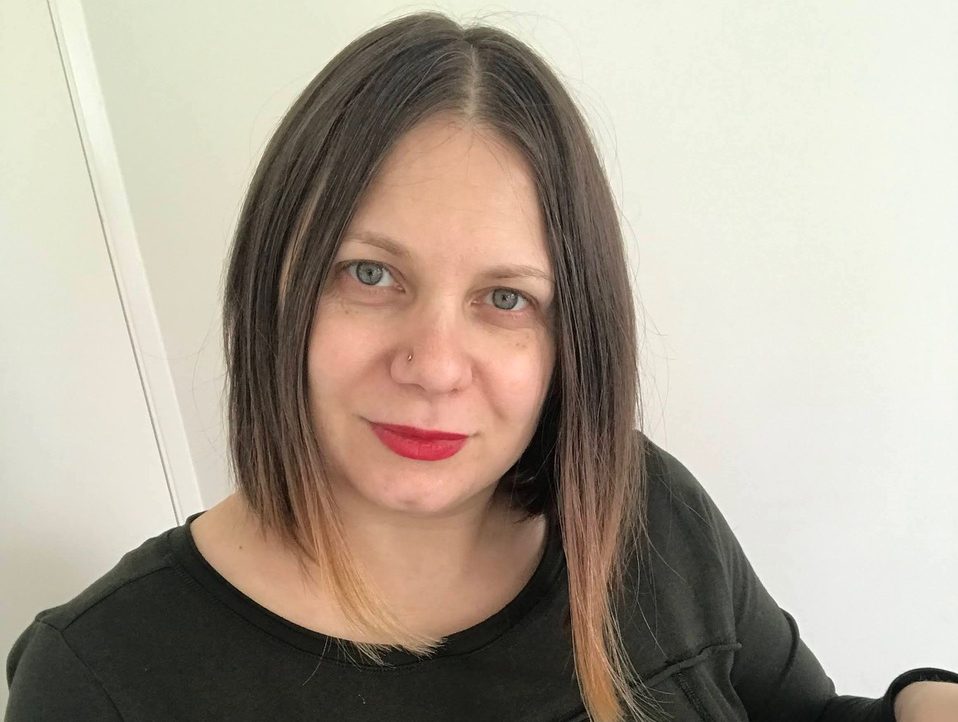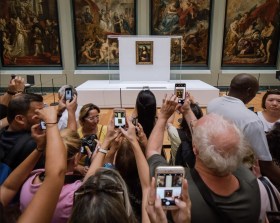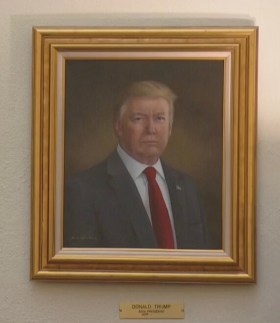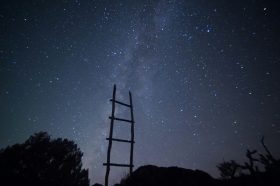There is a growing recognition that female writers and artists are underrepresented in terms of reviewing and prizes, and when you are a woman from an ethnic background, then the list shrinks yet again. When women from ethnic backgrounds enter the arts, we are suffering not only from a lack of representation, but cultural capital in the way of role models and networks. The way we overcome this is to create our own. There are, however, some challenges that unify us.
Didem Caia, Turkish background, originally began her practice as a playwright and, after receiving five arts grants for new work and developments, as well as mounting two independent productions, she experienced conversations and developments with main stage theatre companies, which led to dead ends and incomplete communication.
Caia devised and created ways to still do what she loved by turning to education and developing storytelling projects for schools and organisations in the western suburbs of Melbourne, ‘which are a true expression of what diversity and multiculturality means and this is where many of our beautiful storytellers of tomorrow are currently residing,’ she says.
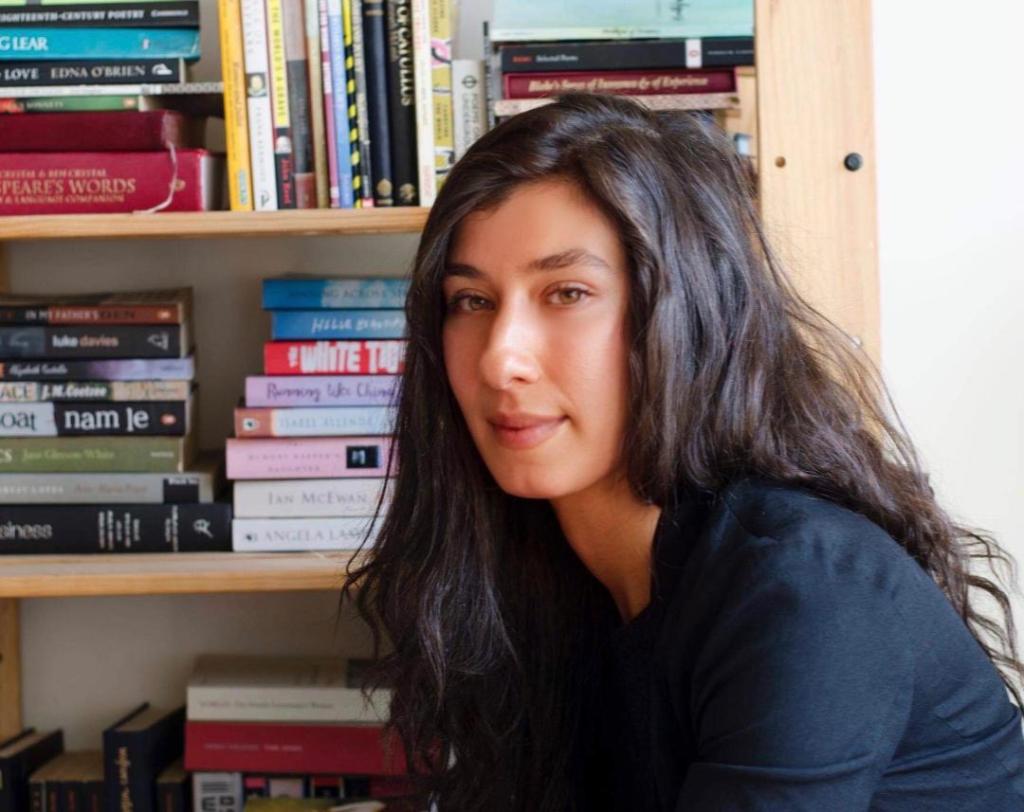
Koraly Dimitriadis is a Cypriot-Australian poet, writer, actor and performer. She has published her bestselling poetry book Love and F**k Poems with her own publishing company, Outside the Box Press, and it has been translated into Greek with European, English and Greek rights sold in 2015 to Honest Publishing (UK). Dimitriadis’ poetry book was about liberating ‘myself from the shackles of my culture, marriage and religion,’ she explains.
‘I naively expected that the arts would be my liberator, my expression at the forefront of my arts practice. I soon realised that one must be on their best behaviour to get ahead. But at that time, I was still finding myself after years of repression and living in a cultural bubble. I wanted to say what I wanted to say and people didn’t like it.’
She created her own opportunities by first publishing her poetry collection as a zine. ‘It was reported [that it was] Readings’ bestselling poetry book in 2013 and, even after selling thousands of copies, I couldn’t get my next poetry book published so I self-published that too,’ says Dimitriadis.
These are issues I have battled myself as a writer. I sought the traditional publishing route and my debut novel, inspired by own experiences as a Bosnian-Muslim adolescent mediating culture and belonging, achieved all the trappings of success in the literary publishing scene: a top literary agent, multiple offers, shortlisting and winning prizes pre- and post-publication.
This award-winning novel is now republished as Sabiha’s Dilemma as the first in a six-book series, following the lives of six sassy teens coming of age in St Albans, as they navigate their sexual and cultural identity, and search for belonging. I expected that my good run would continue, or accelerate. Instead it seemed that my writing career stalled and getting publishing contracts became harder and harder, and so I turned to independent publishing and beginning my own small press, seizing control of my own writing outcomes.
While forging an artistic career, there are cultural barriers that also bring their own challenges. Growing up in a patriarchal society in which women were expected to be seen and not heard, I found myself creeping on the edges to find a voice.
Caia says, ‘Women from ethnic backgrounds tend to grow up in modest and conservative families.’
Dimitriadis agrees that there is a challenge. ‘Ethnic communities and their organisations are quite conservative, and so that makes it challenging to push through, especially if you are a woman.’
Expectations of femininity include Caia being ‘taught not to be too boisterous or loud and to not draw too much attention,’ she says.
‘I personally couldn’t help by drawing attention to myself, as I was always an anomaly in my particular community.’ While Dimitriadis finds that when ‘your own culture prefers you to shut up, it’s very challenging to keep going. But I do, somehow.’
And I struggled to legitimise my art in the eyes of my family and community who saw me as a failure on the domestic front because I put my career first.
Ultimately, we have found strength not in creating art for our own benefit, but taking it outside of ourselves. Through creating her own opportunities, Caia believes that ‘the pursuit of the creative act for the good of the community, not just the individual’ is the way forward. ‘This is why artists who don’t identify as Anglo Saxon tend to resonate with group work and constant communication and “checking in.” This model is not only the way of ethnic and culturally and linguistically diverse communities, but of the future,’ says Caia.
While Dimitriadis says, ‘I created my own opportunities, I have had some really cool things happen, but that’s because I worked hard for those things, not because I kissed the arse of a gatekeeper and they opened the door for me. When I was trying to leave my marriage, I had no role models to look up to, and I thought I was abnormal. When people tell me I have helped them, that is success.’
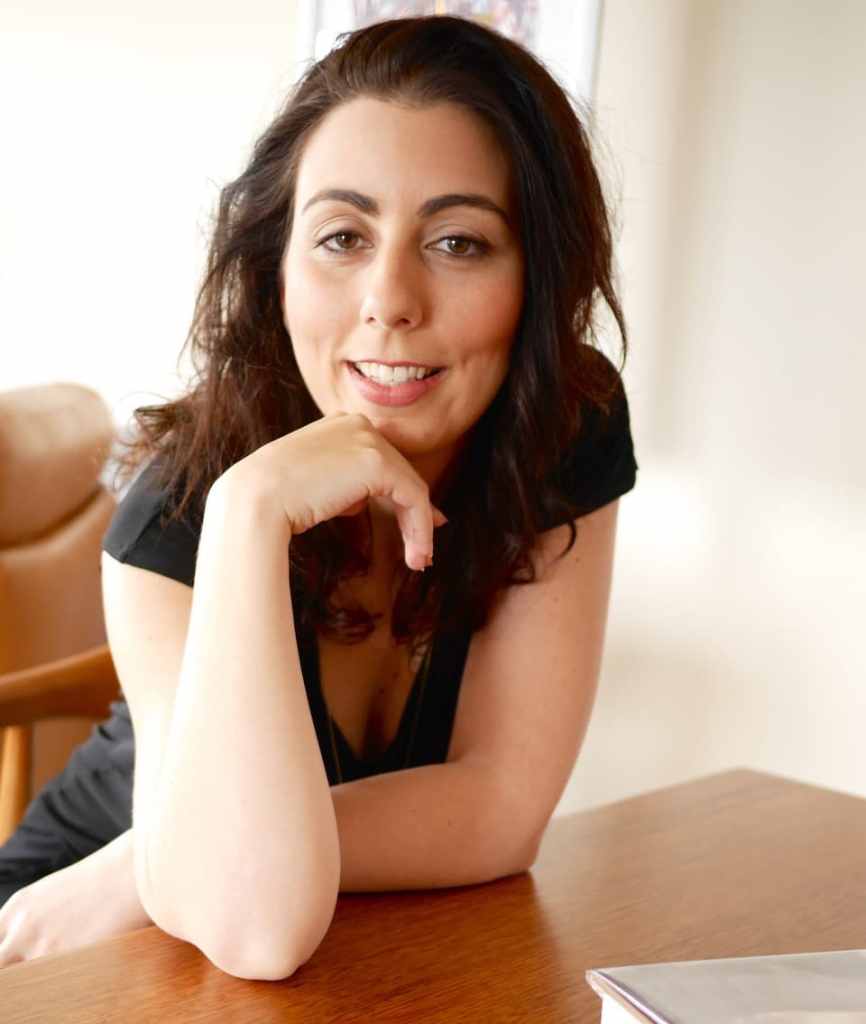
In my new reincarnation as a small press owner, I am focused on helping promote literacy by creating accessible texts and in publishing underrepresented authors and helping them find a voice.
Support mechanisms are few and far between, and this is where government funding comes in. We have all benefited from government funding to support our artistic practice. Caia has had many opportunities to take up professional development and leadership skills. She says, ‘My growth over the years has been in large part a testament to seeking as many opportunities as have been available to me.’
Dimitriadis has also found funding invaluable, ‘but difficult to access in my career’.
‘As a dual citizen, I have found accessing funding in Cyprus much simpler. The process isn’t cumbersome, and assessors are not artists, or people with positions of power in the industry like Australia, where there is a huge amount of bias. Now we are seeing specific panels, like the disability panel in Creative Victoria, which is a step in the right direction. But if we know there is a shortage of working class, ethnic women in literature, for example, why isn’t there a specific panel for that? Or for single mothers? That tells me the Australia Council is not serious about a diverse arts sector reflective of Australian culture,’ adds Dimitriadis.
I have benefited from grants while being traditionally published and have found grants easier to access in the business sector as a small business owner to fund the establishment of my small press. However, this also creates a dichotomy as my books published with my small press may not be viewed favourably by panels as they don’t fit the traditional publishing criteria.
Having faced these cultural and systematic barriers to pursuing our artistic pursuits, we are all drawn to telling women’s stories and to inspire those that come after us. Caia is currently producing her first feature documentary in partnership with Film Victoria and Documentary Australia titled Nobody’s Daughter.
‘[It] deals with the intersection of domestic violence and tradition and I am putting my personal story at the centre of the film in order to examine the intricacies of violence faced by women in migrant and faith-based communities in Australia’ says Caia. ‘It’s a story that seldom gets told, and even more rarely by a woman with lived experience who is part of the community being explored. It’s important for me to be a voice or reason, diplomacy and rigour for my community.’
Dimitriadis is surprised that even though Australia has one of the biggest Greek and Cypriot diaspora in the world ‘if you look at our writers’ festivals, for example, you see Greek men in fiction, but where are the Greek women? I don’t believe a Cypriot has been published by a mainstream publisher; we are not the same as Greeks.
‘There’s a lot of discrimination going on, and it’s not good enough. Ethnic women shouldn’t be sidelined, they should be supported by the industry,’ she adds.
Dimitriadis finds strength in ‘being as vocal as I possibly can about issues that affect Greek/Cypriot women, even when I know that people either love what I do or hate what I do – there is no middle ground with me, I’ve noticed.’
For me personally, I have found my core in telling the stories of my culture and community.
When asked what advice they have to share with women from a NESB (non English speaking background), Dimitriadis says, ‘Be yourself, live life the way you want to live it, and don’t give a f**k about anyone. Life is too short.’
Read: An open letter to reviewers, critics and editors
Caia says, ‘There is a certain level of aloneness that you will feel and this is OK. Make friends with that solitude, and use it to grow yourself into the best version of an artist you can be.’
While I would encourage any woman that comes after me to focus on the craft and writing, I would also recommend they find ways and opportunities to share their stories, because that is where the true joy comes from, from connecting with readers and changing the world, one word at a time.
To support the development of Didem Caia’s documentary.
To learn more about Koraly Dimitriadis.
To find Amra Pajalic at her website or her small press.
